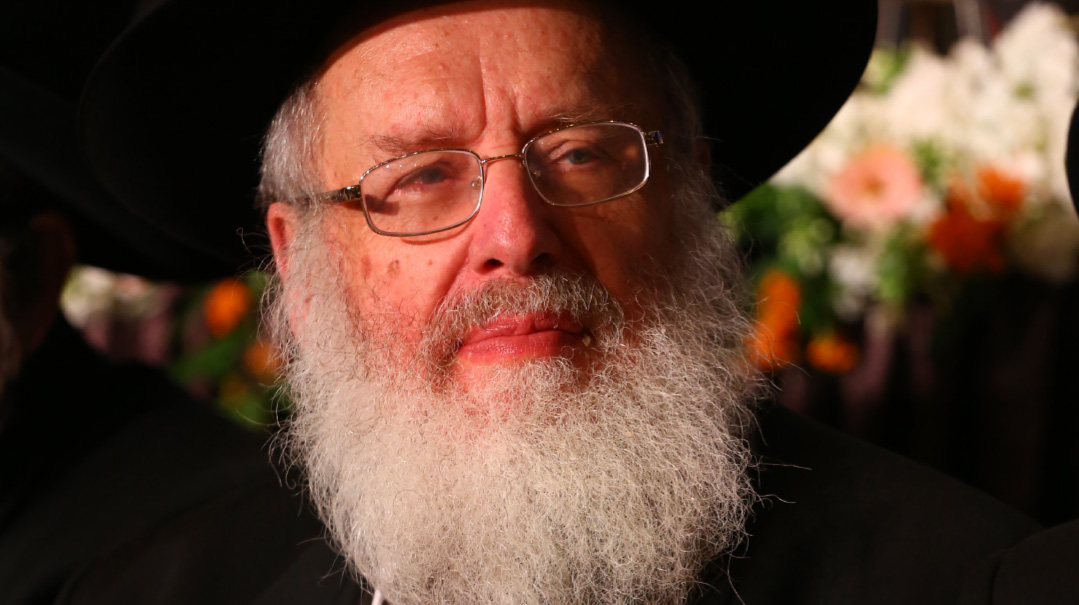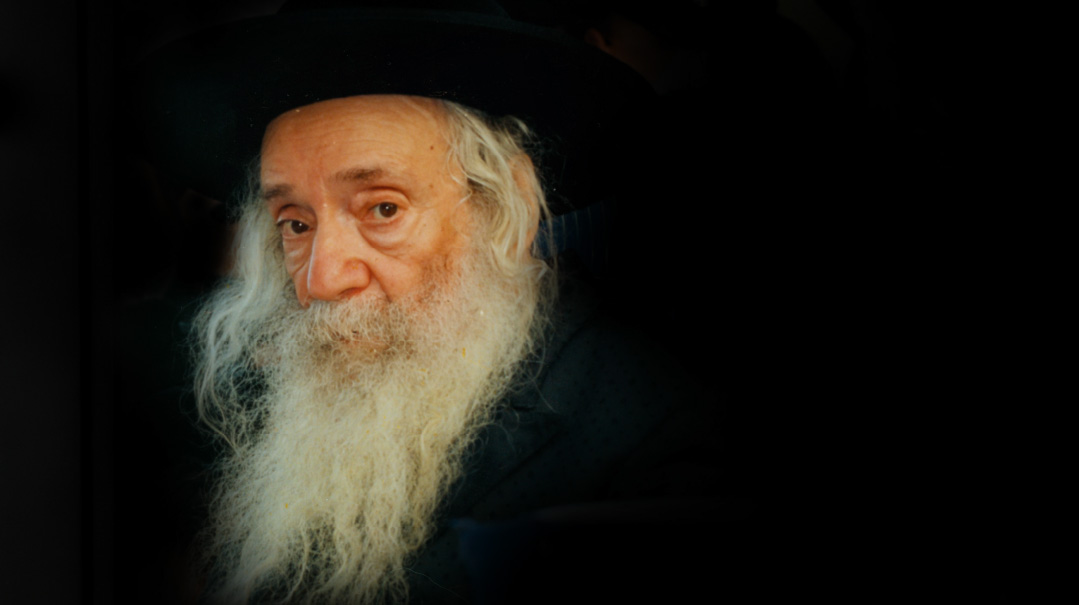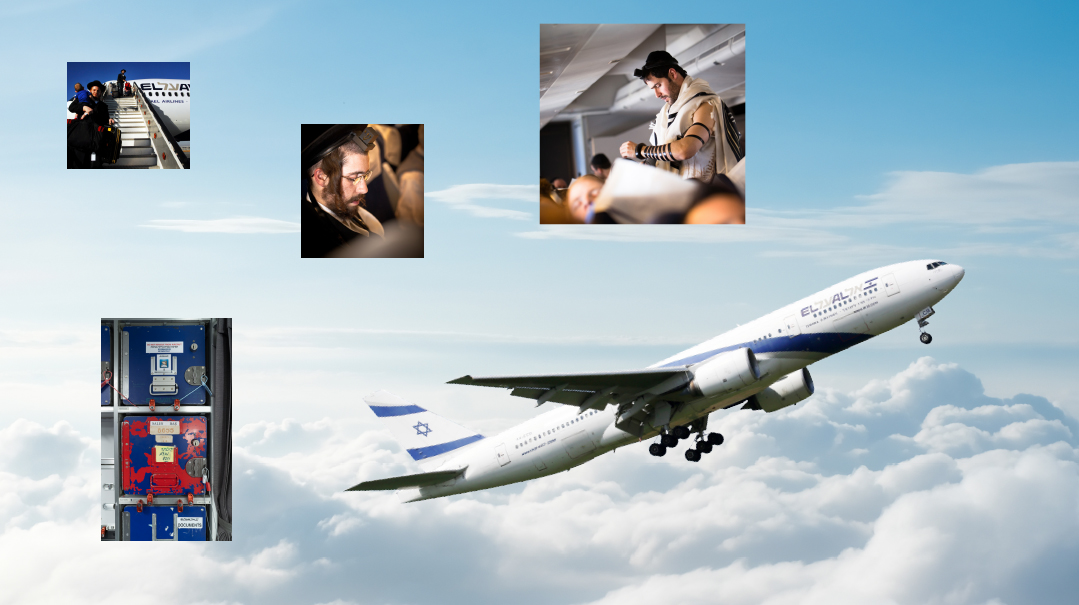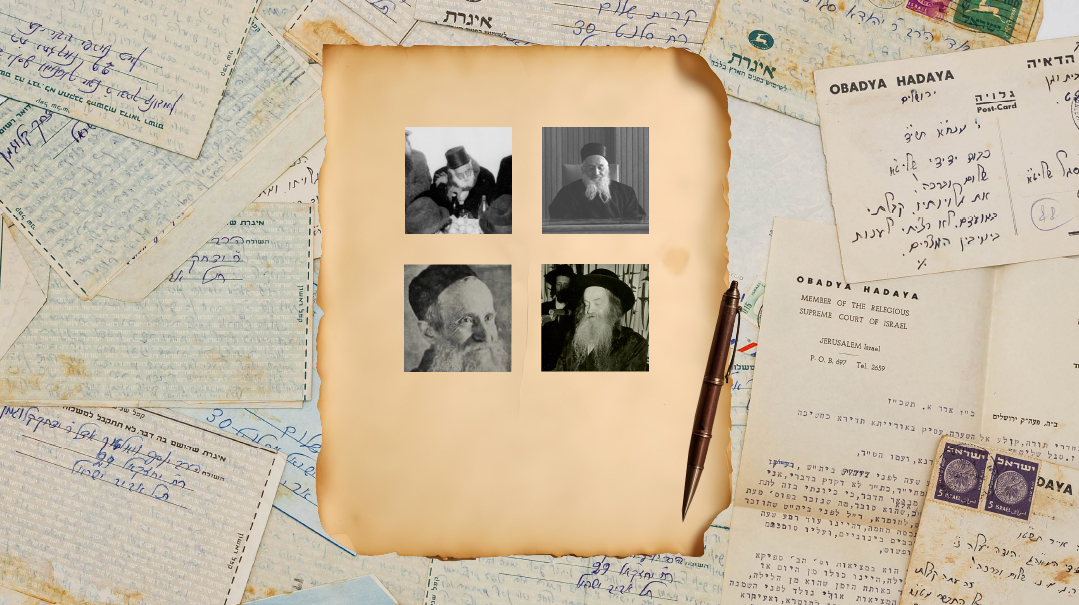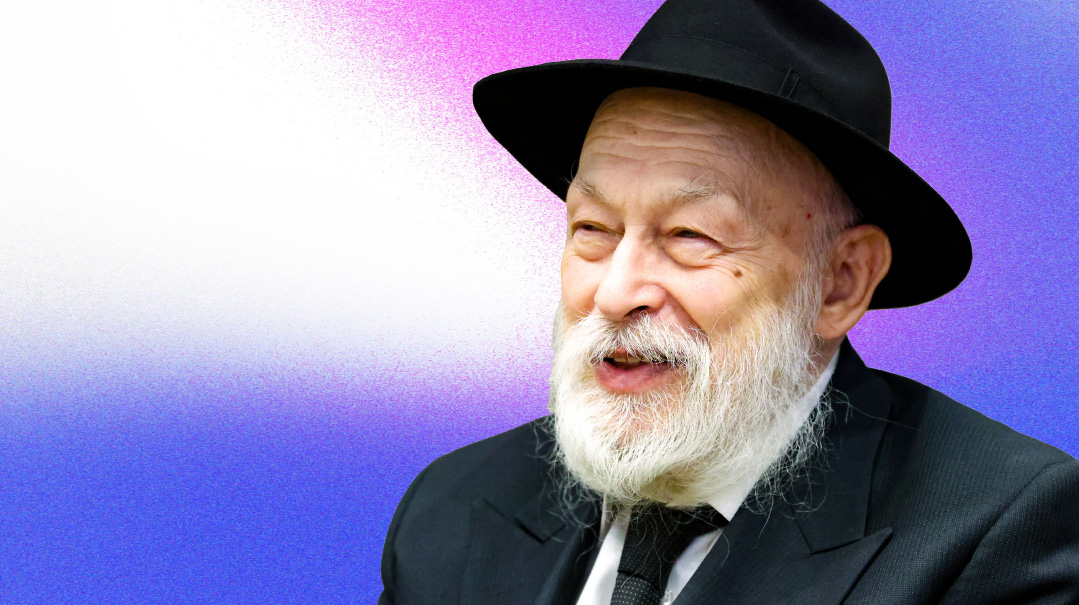Lost & Found


NOT BY CHANCE “Your involvement here isn’t by chance Michal” the thank-you note said. “The world is divided between what we see and what really exists. At a certain point we’re prevented from seeing and understanding but that doesn’t mean what we’re seeking doesn’t exist. Everything is there; we just need to daven that our eyes are opened. Thank you for being the one to find what we couldn’t see”
“I had a fight with my cousin decades ago and we haven’t spoken since. Will you help me locate him?”
“Can you track down the children my grandfather saved during World War II?”
“How can I find the only classmate who was friendly to me in school?”
These are just some of the puzzles Michal Vaknin tries to solve from her unofficial detective hub in Ashdod Israel. Over the past few decades she’s become a one-woman empire of reconnecting old ties. What started out as a hobby eventually became a full-time career: Today she runs relative-seeking services for two separate groups (French and English speakers). How did it all begin?
Finding Connections
For Michal life is all about seeing and making connections — in her work trying to reunite people but also in her own life. By way of example the now 73-year-old who was born in Algiers and immigrated to France at the age of 12 reminisces about her decision to study Russian in her youth. Her family was shocked: What connection did a young French girl have to the Russian language? Who needed it and for what?
“They thought I was just plain crazy ” Michal says smiling at the memory. “Sixty years ago who would have thought there was any need to learn Russian? Truthfully I didn’t have any special reason to learn it. But there was definitely a reason: It was what Hashem wanted. Only later did I see the unexpected results of my studies.”
France never felt like home to Michal even after she earned a degree in social work and was successfully working at a Paris institution for kids at risk. “My dream was to move to Eretz Yisrael ” she says. “That dream was there constantly waiting quietly for the day I’d be able to realize it.”
And she finally did in 1969. “My family didn’t like the idea ” remembers Michal. “What was there for a young girl to do alone in a new country? But I wanted it so badly and my parents understood me. So I found myself in an absorption center in Kiryat Shmona determined to prove myself and manage in the best way possible in the Land of Hope.”
It wasn’t easy. “They didn’t recognize my French degree. I had to start my studies all over again ” Michal says. “But I wanted to succeed quickly to show everyone I could do it. They suggested I take a course in management under the auspices of one of the health funds and I agreed. Whatever they suggested I said ‘gam zu l’tovah.’ That course provided me with the opportunity to learn Hebrew and I hoped it would also open doors for me to find employment.”
Michal eventually did find work in a hospital but it quickly became clear it would not be a lifelong position. “I managed the kitchen and the hospital’s custodial services. I supervised a staff of workers who were older than me and I was uncomfortable giving them orders. It wasn’t for me.”
In the meantime Michal got married and moved from the North to Ashdod and she once again found herself in the same management position this time in a southern hospital and afterward in another hospital. She was determined to find other work — the sooner the better — but where?
Perhaps she thought her social-work training could prove helpful at the Ashdod absorption center. To this day Michal doesn’t understand where she got the nerve to apply: Her Hebrew was still that of a relatively new immigrant and her social-work experience took up a small and distant part of her resume. Despite all of this Michal walked into the absorption center one day and asked if they had work for her.
Surprisingly enough the answer wasn’t no. The staff at the absorption center told her “It could be that we do. Ask over at the Ministry of Immigrant Absorption.” From that point onward things moved quickly. As soon as Michal presented herself someone at the Ministry of Absorption called the regional supervisor and Michal was urgently asked to come in for an interview. It turned out they had been looking for a Russian speaker for almost six months and hadn’t found a single person in the whole country who fit the bill.

What prompts people to embark on a sometimes worldwide search to reconnect with old ties? “Age is the first reason” says Michal. “Most people requesting my services are elderly. There comes a time when daily life calms down when everyday problems seem less pressing and a person begins looking back to review his life.” Sometimes there are issues that need closure or people want to better understand the pieces of their past
This was in the ’90s a time of mass Russian aliyah and there wasn’t anybody in the Ministry of Absorption who could deal with the immigrants properly due to the language barrier. Then a social worker showed up albeit from France but a fluent Russian speaker. That’s how the threads came together.
Michal has been there ever since. For 31 years her job was to greet the immigrants and — drawing on her professional as well as personal knowledge — to help make their transition into Israeli citizens an easier one. “I myself had to deal with aliyah difficulties ” Michal says sharing the way life circumstances become woven together. “I had a strong desire to give to others and help them overcome the type of obstacles I myself confronted.” (Since retiring 12 years ago Michal is still active on a volunteer basis.)
It was here at the Ashdod absorption center that Michal’s career of “relative seeker” began. “There were many new immigrants who asked for help locating relatives who had made aliyah many years earlier. I helped them with the means available to me at the time and often succeeded in uniting families. At some certain point I bought a computer and started to check out various options that could help us better track down information.”
Every successful case led to a new one. There were foster families who wanted to meet their now-grown foster children saviors searching for those they had saved (and vice versa) people seeking out relatives old friends and former colleagues. Michal remembers one family who were desperate to find a daughter who had disappeared overseas; a documentary maker looking for survivors of a boat that had tried to come to the country illegally; a man seeking to return very old documents he’d found in his house to the previous owners. Each of these people had come to a dead end in their research and needed help to crack the case — which is when Michal stepped in. (excerpted)
Oops! We could not locate your form.







